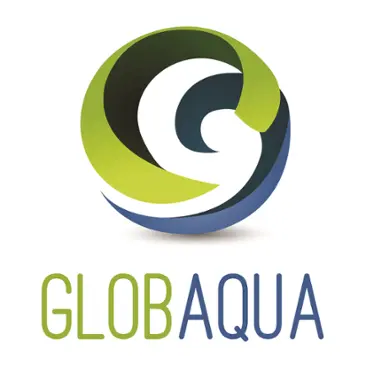GLOBAQUA
GLOBAQUA (Managing the effects of multiple stressors on aquatic ecosystems under water scarcity) is a EU-funded project aiming to identify the prevalence of, and interaction between, stressors under water scarcity in order to improve knowledge of relationships between multiple stressors and to improve water management practices and policies.
Freshwater systems are under threat by a variety of stressors including organic and inorganic pollution, cover change, water abstraction, and land use. The join occurrence of many stressors under water scarcity may produce novel and unfamiliar synergies and effects of unknown consequences. Therefore, it is crucial to understand how water scarcity interacts with other stressors in freshwaters and to convey this information to managers, stakeholders and policymakers in order to minimise impacts, to adapt to oncoming changes, and to improve our management and policies.
GLOBAQUA assesses the effects of water scarcity on aquatic ecosystems by focusing on six river basins (Adige, Anglian, Ebro, Evrotas, Sava and Souss Massa). These basins encompass a rich set of socio-ecological conditions and a wide geographic coverage, and focus on a specific set of stressors to illustrate different management scenarios.

Project Goals
- GLOBAQUA aims to improve the scientific knowledge regarding the relationships between multiple stressors so as to identify potentially synergistic linkages, and to assess how these interactions determine changes in the chemical and ecological status of water bodies.
- Special attention will be given to the role of water scarcity and to the relationships between biota and stressors in this condition. An integrative approach to effects on water quality, organisms and ecosystems function and services will be used. Moreover, GLOBAQUA aims to establish cause-effect relationships between multiple levels through the use of integrative modelling.
- The alteration of ecosystem services related to the effects on socio-economic development will also be investigated. GLOBAQUA will contribute to improving water management practices and policies by taking into account the influence of multiple stressors. An analysis of current policies will be carried out as well as the definition of scenarios of alternative management practices and policies.
Role of SMHI
SMHI is providing all climate simulation data to the GLOBAQUA project. In particular it takes part in the Climate and Socio-Economic Scenarios Work Package, providing processed and downscaled climatic forcing for all subsequent activities in GLOBAQUA. SMHI also contributes to the Work Package on Data Management.
About the project
Project partners
GLOBAQUA, led by the Institute of Environmental Assessment and Water Research (Spain), includes 21 partner organizations from 9 EU countries as well as one Associated Country (Serbia) and 2 non-EU partners (Morocco and Canada).
Funding
GLOBAQUA is a European Union FP7 Project.
Timeline
GLOBAQUA will run from 2014 to 2019.

